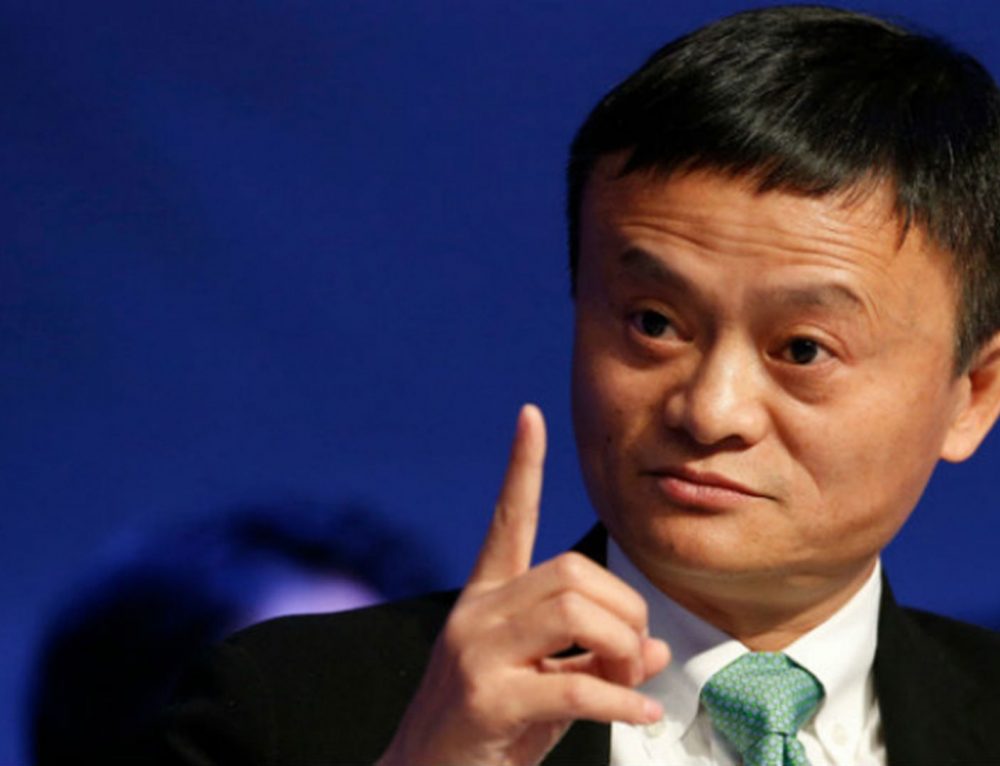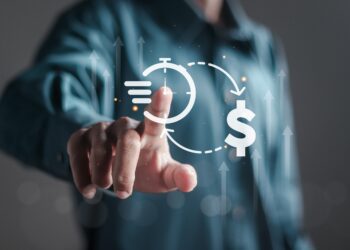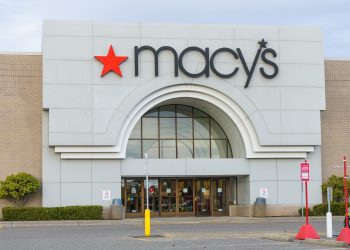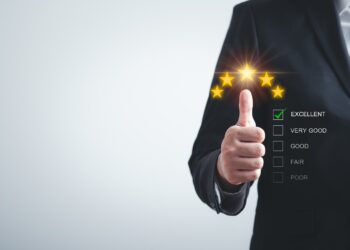Entrepreneur Jack Ma is variously portrayed as philanthropic hero and puppet of the Chinese Communist Party. But which version is true?
Jack Ma is the richest man in China. Following the opening of his first Twitter account last month, he quickly sought to motivate a worldwide response to fighting the COVID-19 pandemic which has not only taken thousands of lives in China, but severely dented the country’s image.
Since March, Ma, who founded Alibaba, the so-called “Amazon of the East,” has been delivering medical supplies, such as masks and ventilators, to over 150 countries worldwide through the Ma Foundation and related Alibaba Foundation. “One world, one fight!” he stated in one of his first tweets. “Together, we can do this!” Yet the high-profile nature of Ma’s crusade has raised eyebrows in some quarters, including among supporters: is he a genuine philanthropist looking to make a difference, or merely a stooge of the Chinese Communist Party looking to give China’s damaged image a makeover? Candid, a US-based philanthropy watchdog that tracks private charitable donations, puts Alibaba at 12th place on a list of private Covid-19 donors. But that list doesn’t include Ma’s shipments of vital medical supplies, which may be even more important to those suffering from the virus.
“He has the ability and the money and the lifting power to get a Chinese supply plane out of Hangzhou to land in Addis Ababa, or wherever it needs to go,” Ma’s biographer, Duncan Clark, told the BBC. “This is logistics; this is what his company, his people, and his province are all about.”
A successful entrepreneur
Ma started Alibaba inside his tiny apartment in the Chinese coastal city of Hangzhou in 1999. The company has since grown to become one of the top players in the world’s second largest economy, with key stakes in China’s online, banking, and entertainment worlds. Ma has a personal fortune estimated at more than $40bn.
While Ma stepped down as Alibaba’s chairman in 2018 to focus on philanthropy, he retained a permanent seat on the company’s board, and as a result of both his wealth and fame he remains one of the most powerful men in China. As China’s president Xi Jinping is in the hot seat on account of doubts about how he handled the early stages of the virus and where, exactly, the coronavirus outbreak began, Ma is soaking up positive coverage from Chinese state media.
Yet certain tell-tale signs lead some to believe that Ma’s actions are as much political as they are altruistic. There is no evidence, for example, that any of the Jack Ma and Alibaba Foundation donations have gone to countries that have formal ties with Taiwan. States that side with Taiwan in its dispute with China and have called for medical supplies—from Honduras to Haiti—are among a handful of countries that do not appear to be on the list of 150 countries he has donated to.
Philanthropy or politics?
While some view Ma’s charitable actions as engineered by Beijing, there is another question regarding his burgeoning importance to the country’s image abroad. Could Ma actually antagonize the Chinese Communist Party by becoming too popular? In recent years, entertainment figures and several other billionaire entrepreneurs have all “disappeared” from public view at the behest of the government, usually remerging some time later to pledge their allegiance to the Party.
Some China observers have even gone so far as to suggest Ma was forced out of his position at Alibaba because he had grown “too popular.” Ma even met with U.S. President Donald Trump before Xi Jinping did. It is worth pointing out that Ma has been an acknowledged member of the Communist Party since the 1980s, when he was a university student. Yet he has also broadly hinted at political and ideological independence, once famously stating that Alibaba’s attitude towards the Party was to “be in love with it but not to marry it.”
“Jack Ma represents a sort of entrepreneurial soft power,” Clark told the BBC. “That also creates challenges though, because the government is quite jealous or nervous of non-Party actors taking that kind of role.”
Mutual benefits
For now, both sides are benefiting. Chinese ambassadors from Africa to Southeast Asia are frequently on hand at airport ceremonies to receive the medical supplies shipped over by Ma, basking in his reflected glory. The Chinese Communist Party has also utilized Ma’s philanthropic activities as PR geared towards bashing both the U.S., and China’s principal diplomatic rival, Taiwan.
“The State Department said Taiwan is a true friend as it donated 2 million masks,” the Chinese Foreign Ministry tweeted in early April. “Wonder if @StateDept has any comment on Jack Ma’s donation of 1 million masks and 500k testing kits as well as Chinese companies’ and provinces’ assistance?”
Duncan Clark believes that Ma will continue to wield political clout in Beijing because of Alibaba’s economic might. Yet while his growing international fame and first-name familiarity with world leaders amid the COVID-19 pandemic may provoke resentment from government officials, it could also make him more valuable than ever to Beijing.












